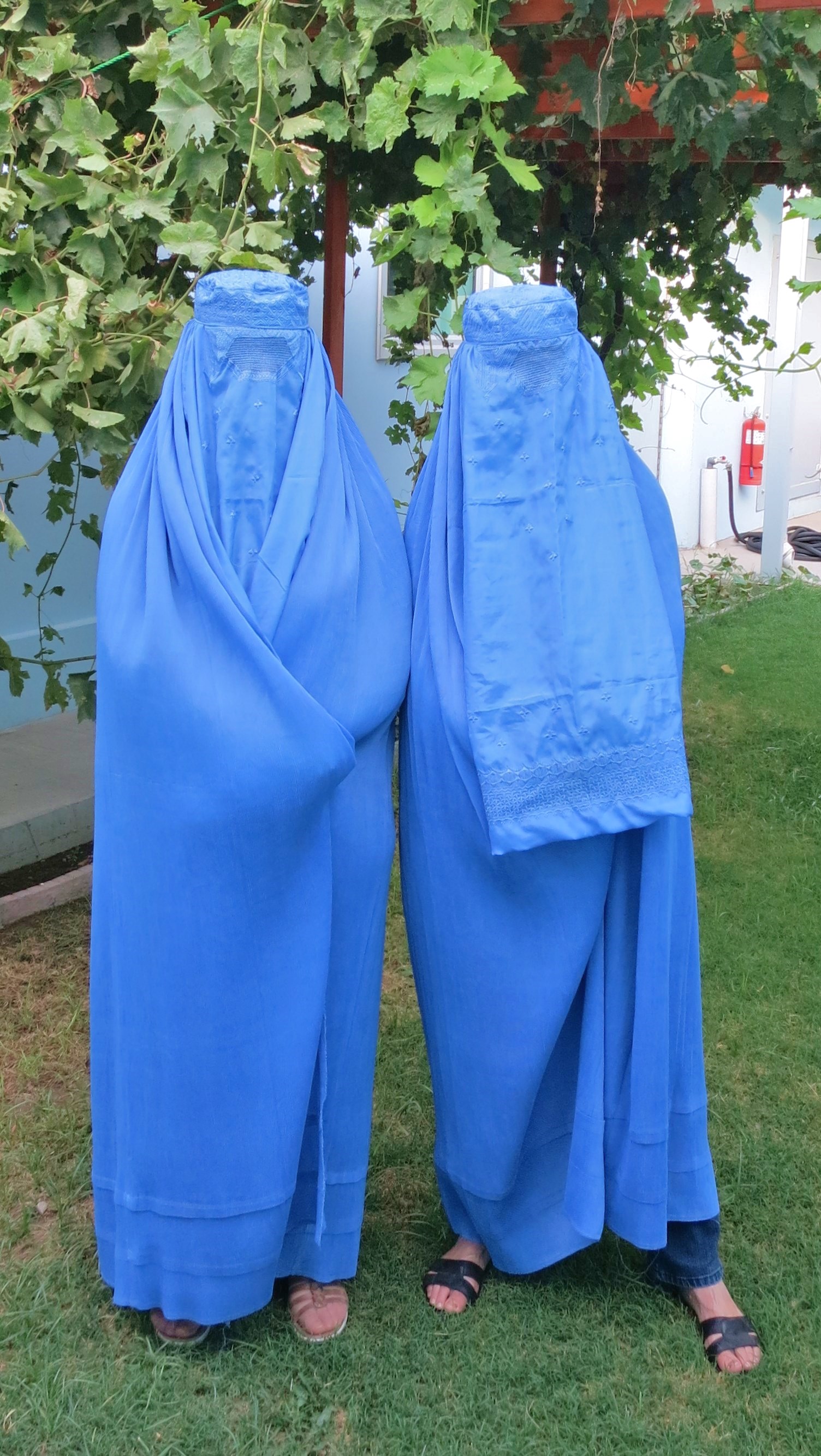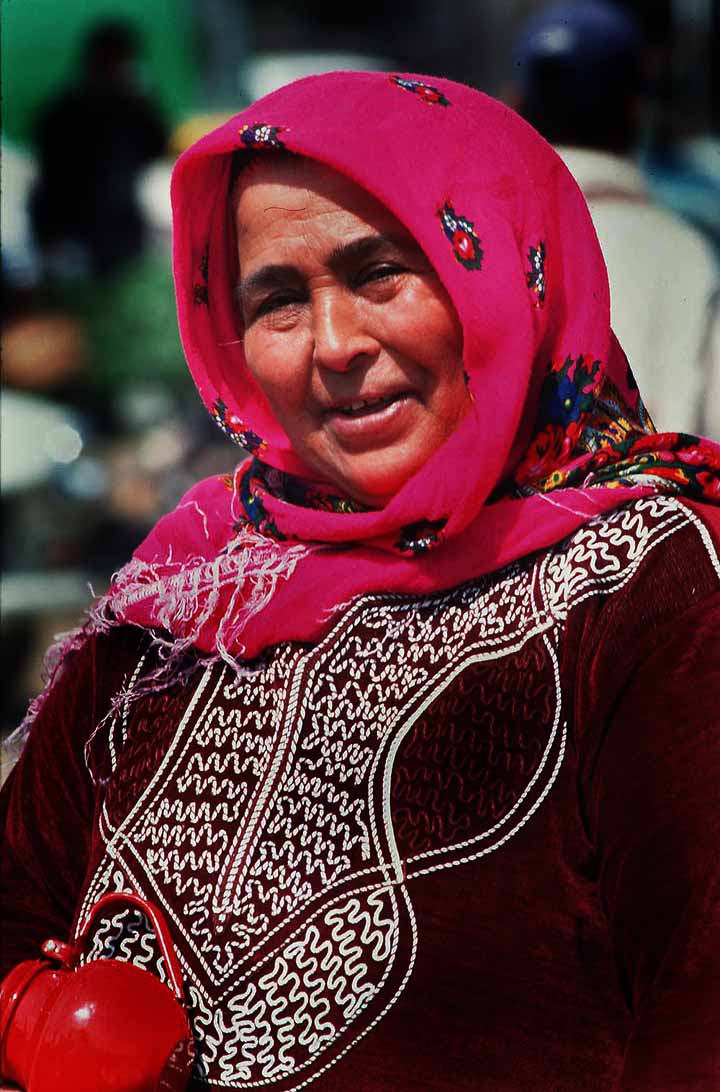|
Sabria Jawhar
Sabria Salama Murjan Jawhar (born 4 August, year unknown) is a Saudi Arabian journalist and columnist for the Jeddah-based ''Arab News.'' She has an expertise in Arabic/English linguistics. She also writes for English-language news outlets, including ''The Huffington Post'', and serves as an assistant professor in the field of applied linguistics. In 2010, Jawhar was named by the Dubai-based Arabian Business magazine as one of the "World's Most Influential Arabs" by ranking her No. 94 in its "Power 100" list. The magazine also listed her in 2011 as one of the "100 Most Powerful Arab Women". Personal life Jawhar was born in Madinah to Salama Jawhar and Alia Muhmmad Al-Atayyah. She is the seventh of 11 children with six brothers and four sisters. Her father retired after 40 years in the Ministry of the Interior in the prisons sector and established a furniture-making business. Her brother Asaad Jawhar is a petroleum economics analyst and lecturer at King Abdul Aziz University. ... [...More Info...] [...Related Items...] OR: [Wikipedia] [Google] [Baidu] |
Madinah
Medina,, ', "the radiant city"; or , ', (), "the city" officially Al Madinah Al Munawwarah (, , Turkish: Medine-i Münevvere) and also commonly simplified as Madīnah or Madinah (, ), is the second-holiest city in Islam, and the capital of the Medina Province of Saudi Arabia. , the estimated population of the city is 1,488,782, making it the fourth-most populous city in the country. Located at the core of the Medina Province in the western reaches of the country, the city is distributed over , of which constitutes the city's urban area, while the rest is occupied by the Hejaz Mountains, empty valleys, agricultural spaces and older dormant volcanoes. Medina is generally considered to be the "cradle of Islamic culture and civilization". The city is considered to be the second-holiest of three key cities in Islamic tradition, with Mecca and Jerusalem serving as the holiest and third-holiest cities respectively. ''Al-Masjid al-Nabawi'' () is of exceptional importance in Islam a ... [...More Info...] [...Related Items...] OR: [Wikipedia] [Google] [Baidu] |
University Of Newcastle Upon Tyne
Newcastle University (legally the University of Newcastle upon Tyne) is a UK public research university based in Newcastle upon Tyne, North East England. It has overseas campuses in Singapore and Malaysia. The university is a red brick university and a member of the Russell Group, an association of research-intensive UK universities. The university finds its roots in the School of Medicine and Surgery (later the College of Medicine), established in 1834, and the College of Physical Science (later renamed Armstrong College), founded in 1871. These two colleges came to form the larger division of the federal University of Durham, with the Durham Colleges forming the other. The Newcastle colleges merged to form King's College in 1937. In 1963, following an Act of Parliament, King's College became the University of Newcastle upon Tyne. The university subdivides into three faculties: the Faculty of Humanities and Social Sciences; the Faculty of Medical Sciences; and the Faculty ... [...More Info...] [...Related Items...] OR: [Wikipedia] [Google] [Baidu] |
Living People
Related categories * :Year of birth missing (living people) / :Year of birth unknown * :Date of birth missing (living people) / :Date of birth unknown * :Place of birth missing (living people) / :Place of birth unknown * :Year of death missing / :Year of death unknown * :Date of death missing / :Date of death unknown * :Place of death missing / :Place of death unknown * :Missing middle or first names See also * :Dead people * :Template:L, which generates this category or death years, and birth year and sort keys. : {{DEFAULTSORT:Living people 21st-century people People by status ... [...More Info...] [...Related Items...] OR: [Wikipedia] [Google] [Baidu] |
Year Of Birth Missing (living People)
A year or annus is the orbital period of a planetary body, for example, the Earth, moving in its orbit around the Sun. Due to the Earth's axial tilt, the course of a year sees the passing of the seasons, marked by change in weather, the hours of daylight, and, consequently, vegetation and soil fertility. In temperate and subpolar regions around the planet, four seasons are generally recognized: spring, summer, autumn and winter. In tropical and subtropical regions, several geographical sectors do not present defined seasons; but in the seasonal tropics, the annual wet and dry seasons are recognized and tracked. A calendar year is an approximation of the number of days of the Earth's orbital period, as counted in a given calendar. The Gregorian calendar, or modern calendar, presents its calendar year to be either a common year of 365 days or a leap year of 366 days, as do the Julian calendars. For the Gregorian calendar, the average length of the calendar yea ... [...More Info...] [...Related Items...] OR: [Wikipedia] [Google] [Baidu] |
Saudi Arabian Journalists , the ruling family of Saudi Arabia
{{disambiguation ...
Saudi may refer to: * Saudi Arabia * Saudis, people from Saudi Arabia * Saudi culture, the culture of Saudi Arabia * House of Saud The House of Saud ( ar, آل سُعُود, ʾĀl Suʿūd ) is the ruling royal family of Saudi Arabia. It is composed of the descendants of Muhammad bin Saud, founder of the Emirate of Diriyah, known as the First Saudi state (1727–1818), ... [...More Info...] [...Related Items...] OR: [Wikipedia] [Google] [Baidu] |
Qur’an
The Quran (, ; Standard Arabic: , Quranic Arabic: , , 'the recitation'), also romanized Qur'an or Koran, is the central religious text of Islam, believed by Muslims to be a revelation from God. It is organized in 114 chapters (pl.: , sing.: ), which consist of verses (pl.: , sing.: , cons.: ). In addition to its religious significance, it is widely regarded as the finest work in Arabic literature, and has significantly influenced the Arabic language. Muslims believe that the Quran was orally revealed by God to the final prophet, Muhammad, through the archangel Gabriel incrementally over a period of some 23 years, beginning in the month of Ramadan, when Muhammad was 40; and concluding in 632, the year of his death. Muslims regard the Quran as Muhammad's most important miracle; a proof of his prophethood; and the culmination of a series of divine messages starting with those revealed to Adam, including the Torah, the Psalms and the Gospel. The word ''Quran'' occurs ... [...More Info...] [...Related Items...] OR: [Wikipedia] [Google] [Baidu] |
Islam
Islam (; ar, ۘالِإسلَام, , ) is an Abrahamic monotheistic religion centred primarily around the Quran, a religious text considered by Muslims to be the direct word of God (or ''Allah'') as it was revealed to Muhammad, the main and final Islamic prophet.Peters, F. E. 2009. "Allāh." In , edited by J. L. Esposito. Oxford: Oxford University Press. . (See alsoquick reference) " e Muslims' understanding of Allāh is based...on the Qurʿān's public witness. Allāh is Unique, the Creator, Sovereign, and Judge of mankind. It is Allāh who directs the universe through his direct action on nature and who has guided human history through his prophets, Abraham, with whom he made his covenant, Moses/Moosa, Jesus/Eesa, and Muḥammad, through all of whom he founded his chosen communities, the 'Peoples of the Book.'" It is the world's second-largest religion behind Christianity, with its followers ranging between 1-1.8 billion globally, or around a quarter of the world' ... [...More Info...] [...Related Items...] OR: [Wikipedia] [Google] [Baidu] |
Burqa
A burqa or a burka, or , and ur, , it is also transliterated as burkha, bourkha, burqua or burqu' or borgha' and is pronounced natively . It is generally pronounced in the local variety of Arabic or variety of Persian, which varies. Examples: , plural: , in Literary Arabic by Egyptians: , plural: . ( ar, برقع ) is an enveloping outer garment worn by women which fully covers the body and the face in some Islamic traditions. Also known as a chadaree ( ps, چادري) or chaadar ( Urdu, fa, چادر) in Pakistan, Afghanistan and Iran, or a '' paranja'' (russian: паранджа́; tt-Cyrl, пәрәнҗә) in Central Asia, the Arab version of the burqa is called the ''boshiya'' and is usually black. The term ''burqa'' is sometimes conflated with the '' niqāb'' even though, in more precise usage, the niqab is a face veil that leaves the eyes uncovered, while a burqa covers the entire body from the top of the head to the ground, with a mesh screen which only allo ... [...More Info...] [...Related Items...] OR: [Wikipedia] [Google] [Baidu] |
Hijab
In modern usage, hijab ( ar, حجاب, translit=ḥijāb, ) generally refers to headcoverings worn by Muslim women. Many Muslims believe it is obligatory for every female Muslim who has reached the age of puberty to wear a head covering. While such headcoverings can come in many forms, hijab often specifically refers to a cloth wrapped around the head, neck and chest, covering the hair and neck but leaving the face visible. The term was originally used to denote a partition, a curtain, or was sometimes used for the Islamic rules of modesty. This is the usage in the verses of the Qur'an, in which the term ''hijab'' sometimes refers to a curtain separating visitors to Muhammad's main house from his wives' residential lodgings. This has led some to claim that the mandate of the Qur'an applied only to the wives of Muhammad, and not to the entirety of women. Another interpretation can also refer to the seclusion of women from men in the public sphere, whereas a metaphysical dime ... [...More Info...] [...Related Items...] OR: [Wikipedia] [Google] [Baidu] |
Wahhabism
Wahhabism ( ar, ٱلْوَهَّابِيَةُ, translit=al-Wahhābiyyah) is a Sunni Islamic Islamic revival, revivalist and Islamic fundamentalism, fundamentalist movement associated with the reformist doctrines of the 18th-century Arabians, Arabian Islamic scholar, Islamic theology, theologian, Dawah, preacher, and Islamic activism, activist Muhammad ibn Abd al-Wahhab (). He established the ''Muwahhidun'' movement in the region of Najd in Arabian Peninsula, central Arabia as well as Hijaz Mountains, South Western Arabia, a reform movement that emphasised purging of rituals related to the Wali, veneration of Muslim saints and Ziyarat, pilgrimages to their tombs and shrines, which were widespread amongst the people of Najd. Ibn ʿAbd al-Wahhab and his followers were highly inspired by the influential thirteenth-century Hanbali scholar Ibn Taymiyyah (1263–1328 C.E/ 661 – 728 A.H) who called for a return to the purity of the first three generations (''Salaf'') to rid Muslims o ... [...More Info...] [...Related Items...] OR: [Wikipedia] [Google] [Baidu] |
Newcastle Upon Tyne
Newcastle upon Tyne ( RP: , ), or simply Newcastle, is a city and metropolitan borough in Tyne and Wear, England. The city is located on the River Tyne's northern bank and forms the largest part of the Tyneside built-up area. Newcastle is also the most populous city of North East England. Newcastle developed around a Roman settlement called Pons Aelius and the settlement later took the name of a castle built in 1080 by William the Conqueror's eldest son, Robert Curthose. Historically, the city’s economy was dependent on its port and in particular, its status as one of the world's largest ship building and repair centres. Today, the city's economy is diverse with major economic output in science, finance, retail, education, tourism, and nightlife. Newcastle is one of the UK Core Cities, as well as part of the Eurocities network. Famous landmarks in Newcastle include the Tyne Bridge; the Swing Bridge; Newcastle Castle; St Thomas’ Church; Grainger Town includin ... [...More Info...] [...Related Items...] OR: [Wikipedia] [Google] [Baidu] |





.jpg)



